
It Ends with Us (2024, dir. Justin Baldoni)
Certificate: 15
Running Time: 130 mins
UK Distributor: Sony Pictures
UK Release Date: 9 August 2024
WHO’S IN IT ENDS WITH US?
Blake Likely, Justin Baldoni, Brandon Sklenar, Jenny Slate, Hasan Minhaj, Amy Morton, Isabela Ferrer, Alex Neustaedter
WHO’S BEHIND THE CAMERA?
Justin Baldoni (director), Christy Hall (writer, producer), Jamey Heath, Blake Lively and Alex Sax (producers), Duncan Blickenstaff and Rob Simonsen (composers), Barry Peterson (cinematographer), Oona Flaherty and Robb Sullivan (editors)
WHAT’S IT ABOUT?
Lily Bloom (Lively) discovers a dangerous side to her partner (Baldoni)…
WHAT ARE MY THOUGHTS ON IT ENDS WITH US?
Like most best-selling novels, particularly of the romantic kind, a film adaptation of It Ends with Us was only a matter of time. Colleen Hoover’s book has, to date, sold almost seven million copies worldwide, with its honest and at times alarming depiction of domestic abuse resonating with countless readers who rarely see such dark subject matter brought up in these types of stories.
Admirably, this adaptation honours the profundity with which Hoover describes the upsetting circumstances in her narrative (which was reportedly inspired by her own mother’s abusive marriage) and refuses to shy away from the psychological and physical pain that the central protagonist experiences. The rest of the film, while flawed, is just as emotionally charged, thanks to a combination of bright performances that embody a surprisingly three-dimensional portrait of this very difficult scenario.
The film, as in the book, follows Lily Bloom (Blake Lively) who moves to Boston after the death of her father (Kevin McKidd), who frequently abused her mother (Amy Morton), to open her own flower shop. Shortly after arriving, she meets handsome neurosurgeon Ryle Kincaid (Justin Baldoni, also the film’s director), the brother of her new best friend Allysa (Jenny Slate), and they eventually form a passionate relationship. However, Ryle begins displaying some disturbing behavioural patterns, almost all of which end up with Lily harmed in some manner, and things don’t exactly improve when her childhood lover, Atlas Corrigan (Brandon Sklenar), unexpectedly comes back into her life.
A key theme in both the book and now the film is the never-ending cycle of abuse, with Lily going down a similar path to her long-suffering mother by enduring her partner’s monstrous behaviour despite being clear as water, even to herself, that she is in a toxic relationship. Director Baldoni (who, in a somewhat bold casting decision, takes on the role of the violent abuser himself) and screenwriter Christy Hall take considerable time to explore just how deeply this main character has entrenched herself in a situation that is practically bursting with red flags, and why she makes decisions that are ultimately against her better judgement when it comes to this sort of thing.
Crucially, the filmmakers never condemn the character for such missteps, because they recognise that Lily Bloom’s story is near-identical to countless others who are or have been in similar circumstances, and all too often cannot find the courage to run as fast as they can from it all. As in Hoover’s original tome, It Ends with Us provides an empathetic portal to understanding why it is so hard for Lily, and indeed anyone who has ever unfortunately found themselves in an abusive relationship, to simply cut ties at the earliest opportunity.
The film handles the subject matter with a great deal of maturity and sensitivity, with Baldoni in particular doing well to twist certain perspectives that may initially seem like genuine slip-ups but then turn out to be far more malicious than previously shown. He is also great at working with his actors, both in front of and behind the camera, to give the right kind of performances for this type of story that are far enough removed from the more schmaltzy Nicholas Sparks melodrama and grounded in a reasonably identifiable reality.
He and Blake Lively share legitimately strong chemistry with each other, to where you absolutely see why someone like Lively’s Lily would be drawn towards someone like Baldoni’s Ryle, because he is charming and has an alluring presence about him, even when early on some of the red flags, such as his stern and borderline controlling behaviour are hard to miss. Lively, in particular, is fantastic in the film, as she not only has the acting chops to fully embody the difficult and extremely emotional journey her character embarks on, but as in just about anything she appears in has a blinding charisma that injects said journey with a biting and even playful personality.
As well-performed and wisely directed as it may be, It Ends with Us suffers from some unfortunate internal issues. For whatever reason, the film is slowly paced to almost indulgent levels, with certain scenes going on for a good long while before moving on, and it perhaps takes too much time developing the set-up and characters before even beginning to touch upon its heavier themes. A number of flashback sequences end up grinding things to an even bigger halt, for while they are necessary to the overall plot they also stick around well after the essential pieces of information are laid bare, not to mention that they contain some of the cornier lines of dialogue in a film that, in all honesty, already doesn’t have the best writing.
Speaking of, there are times when it feels as though Hall’s script opts to put too neat a bow on certain elements of the plot, particularly how it all but gives the abusive Ryle an easy resolution that is perhaps not so fitting for such a character. I am aware that there is a sequel novel, which will probably be turned into a film sooner rather than later as well, so maybe whatever’s missing here will be transferred over to the next one, but the fact that what is otherwise designed as a standalone movie leaves more to be desired does, in a way, undermine the singular storytelling at play.
It is far from perfect, but It Ends with Us does offer enough solid substance to honour the heaviness of its source material in a film that, for all its flaws, takes the viewer on an effective emotional ride.
SO, TO SUM UP…
It Ends with Us is an emotional adaptation of Colleen Hoover’s best-seller that honours its difficult but honest subject matter through wise direction and charismatic performances, but its indulgent pacing and clucky writing undermine some of the power within its narrative.




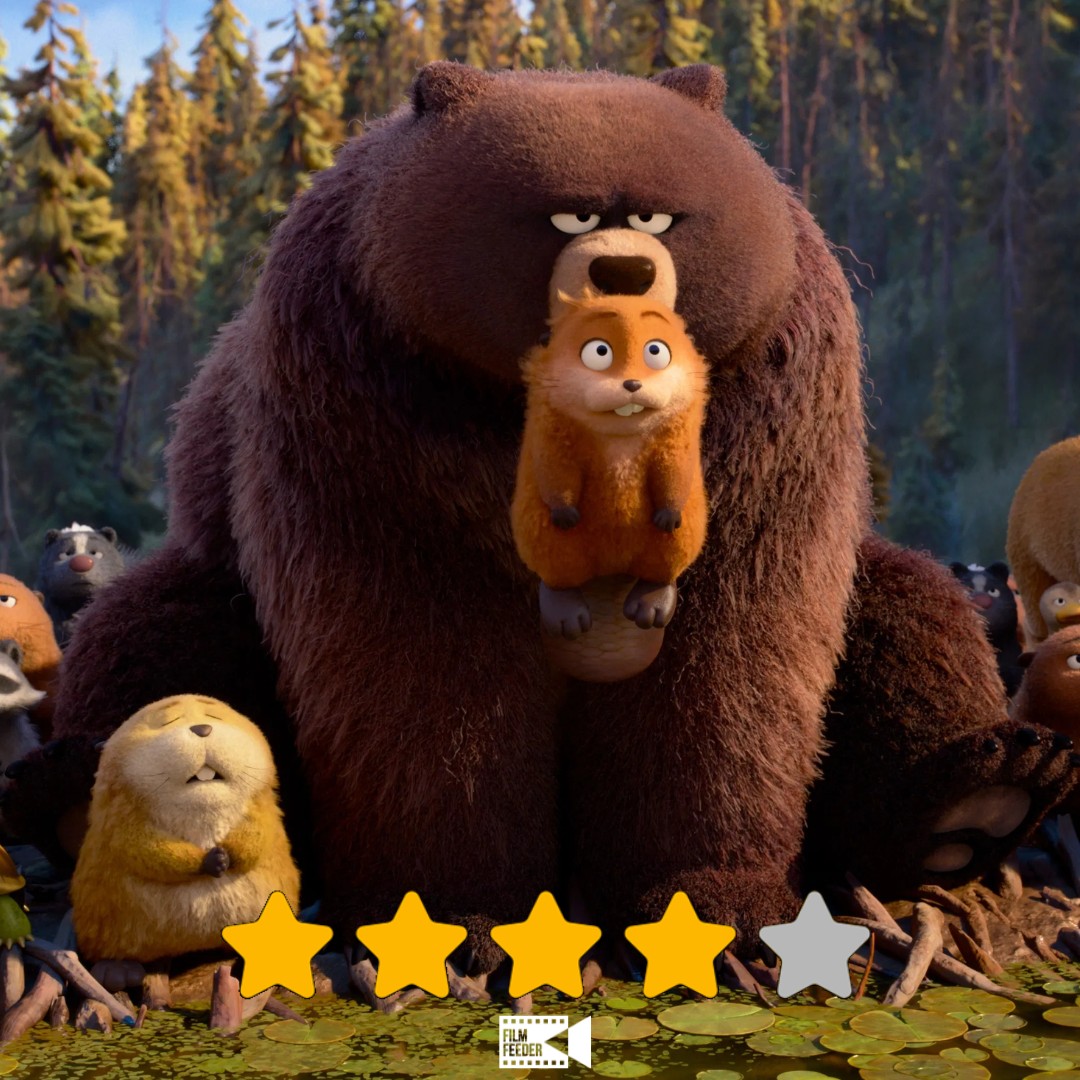
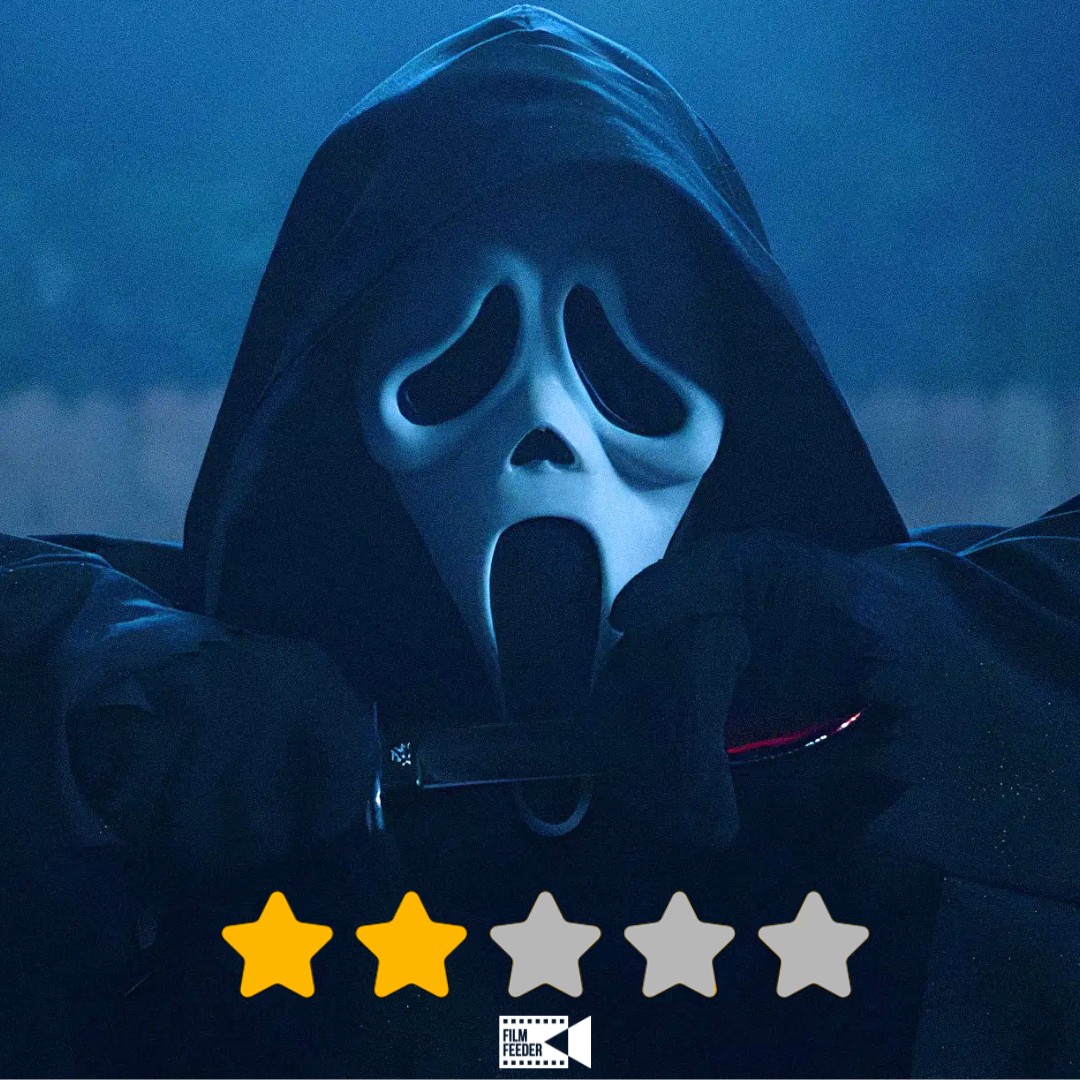
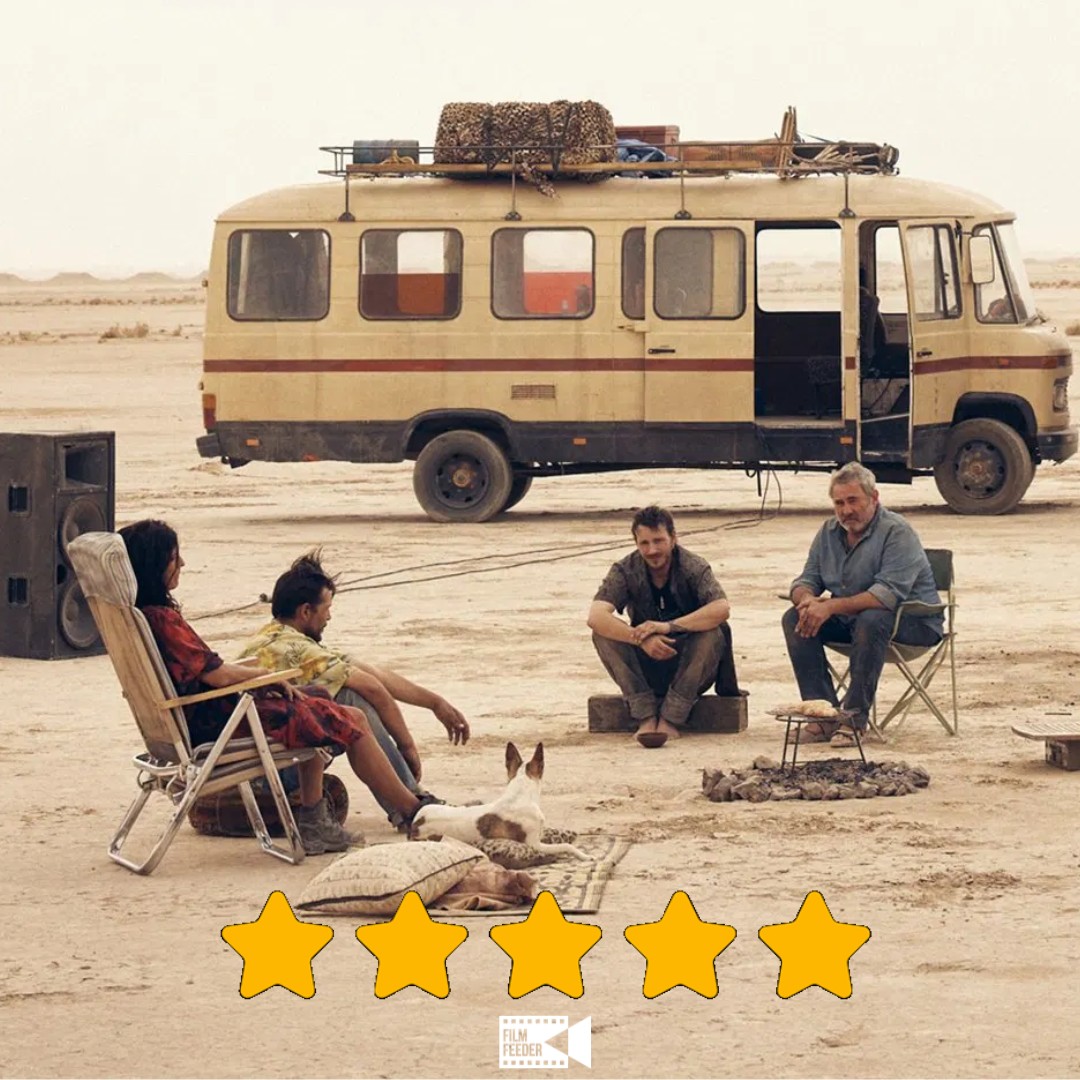
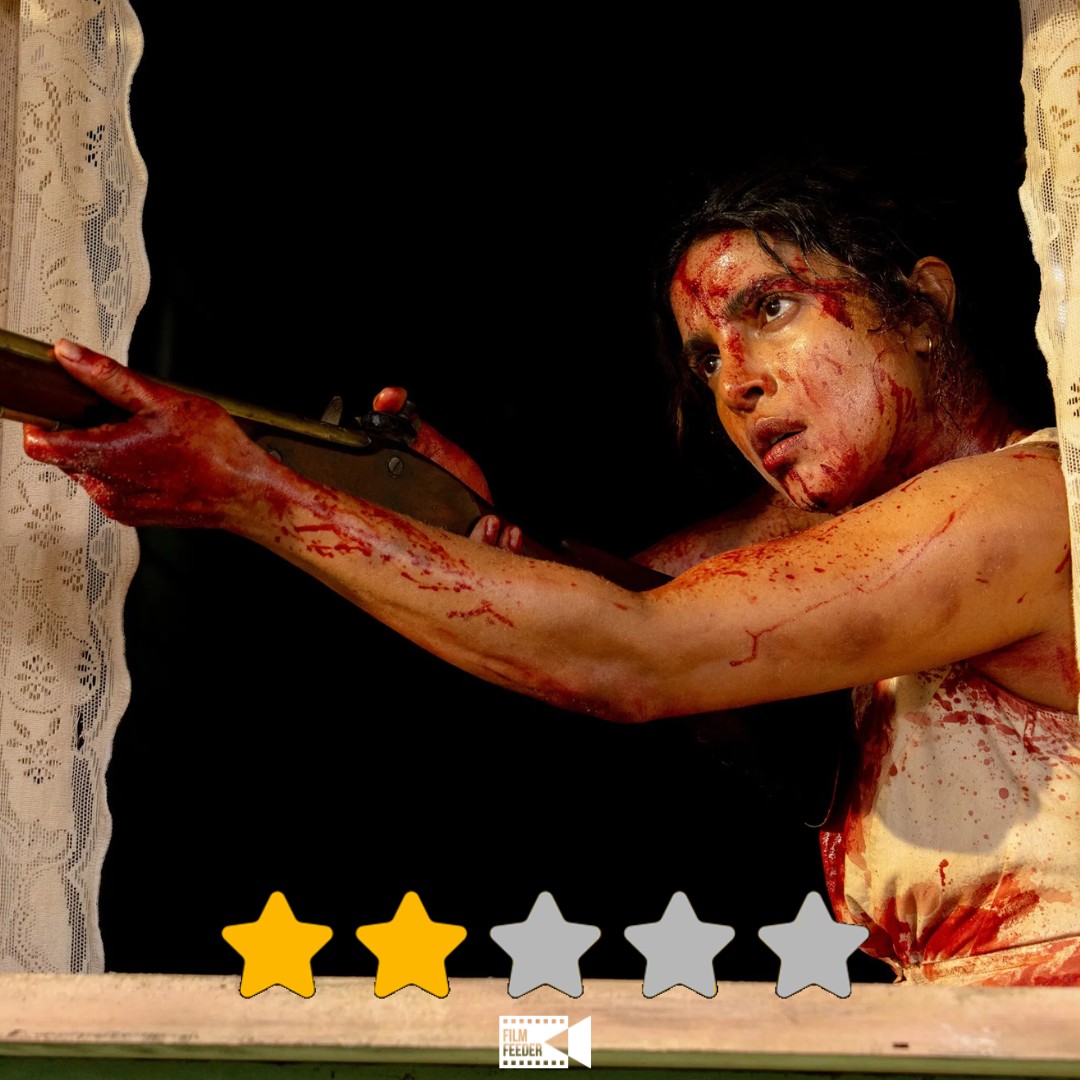
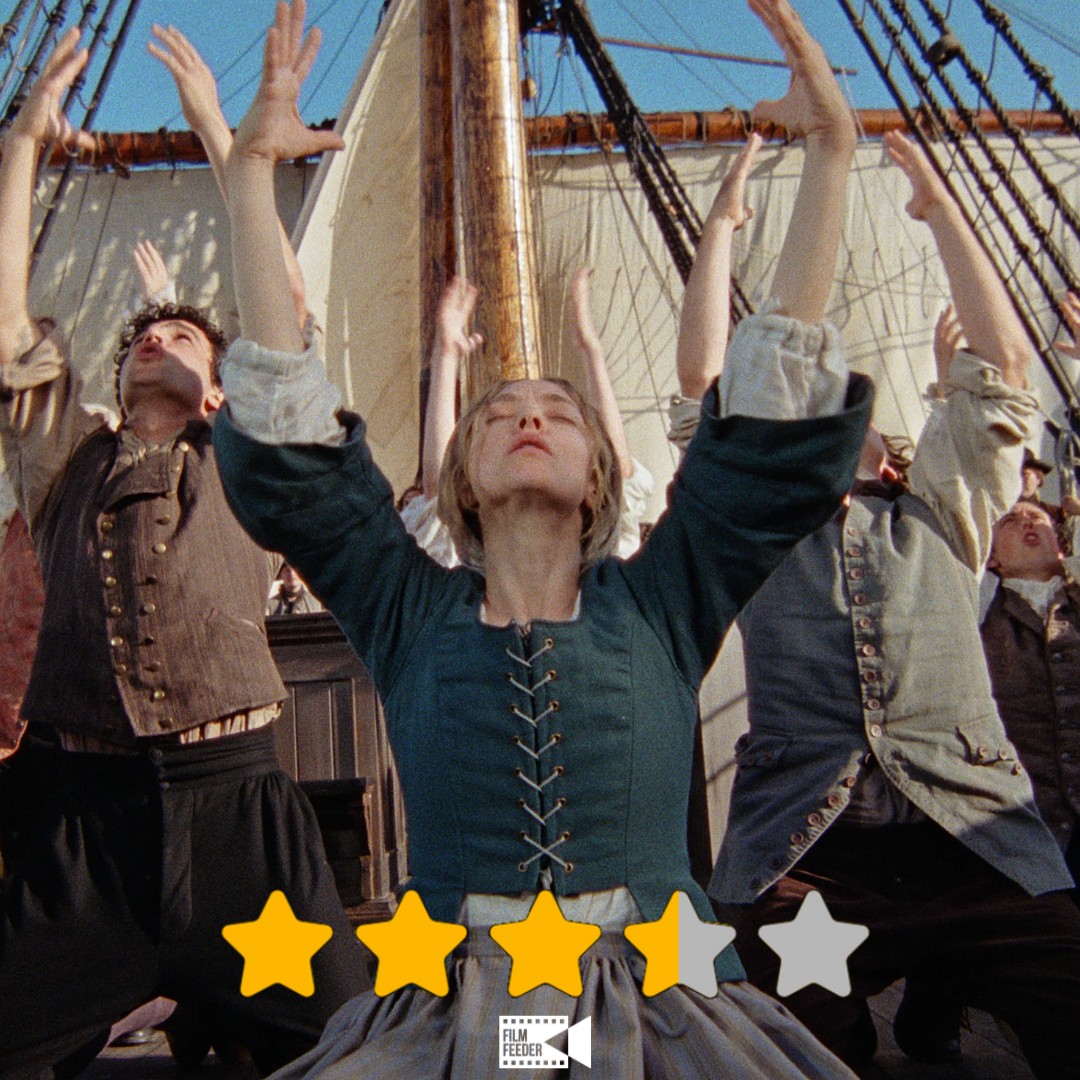
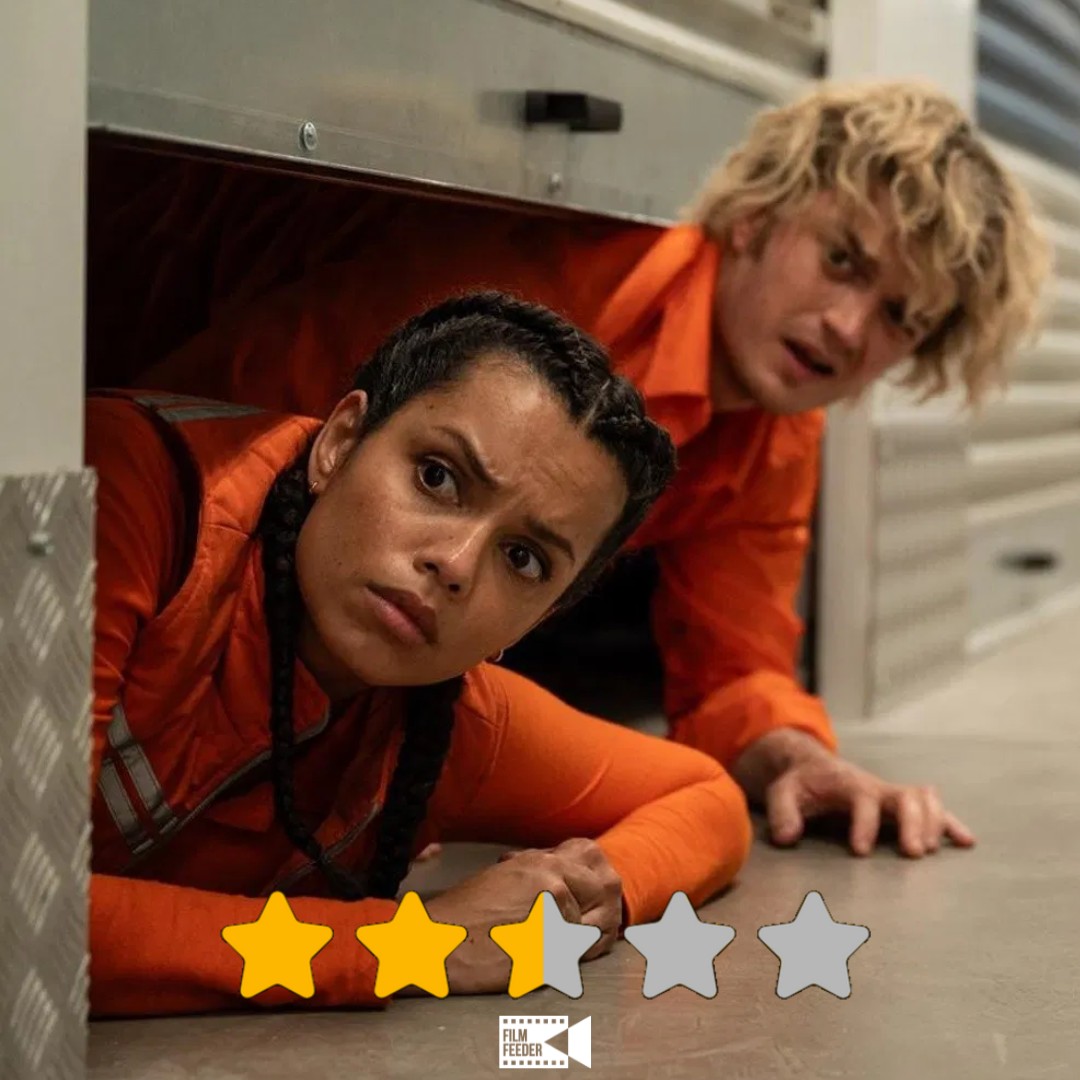

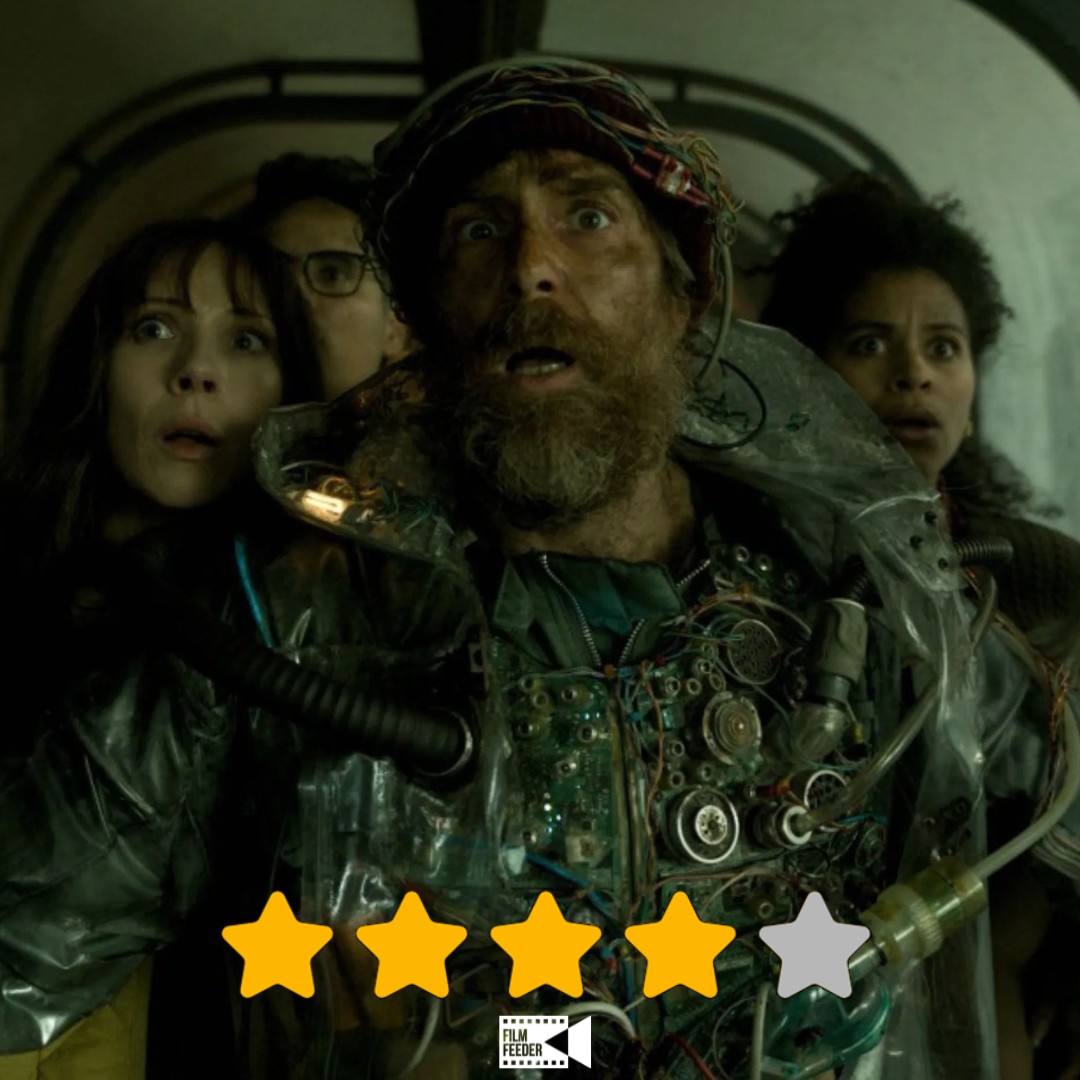
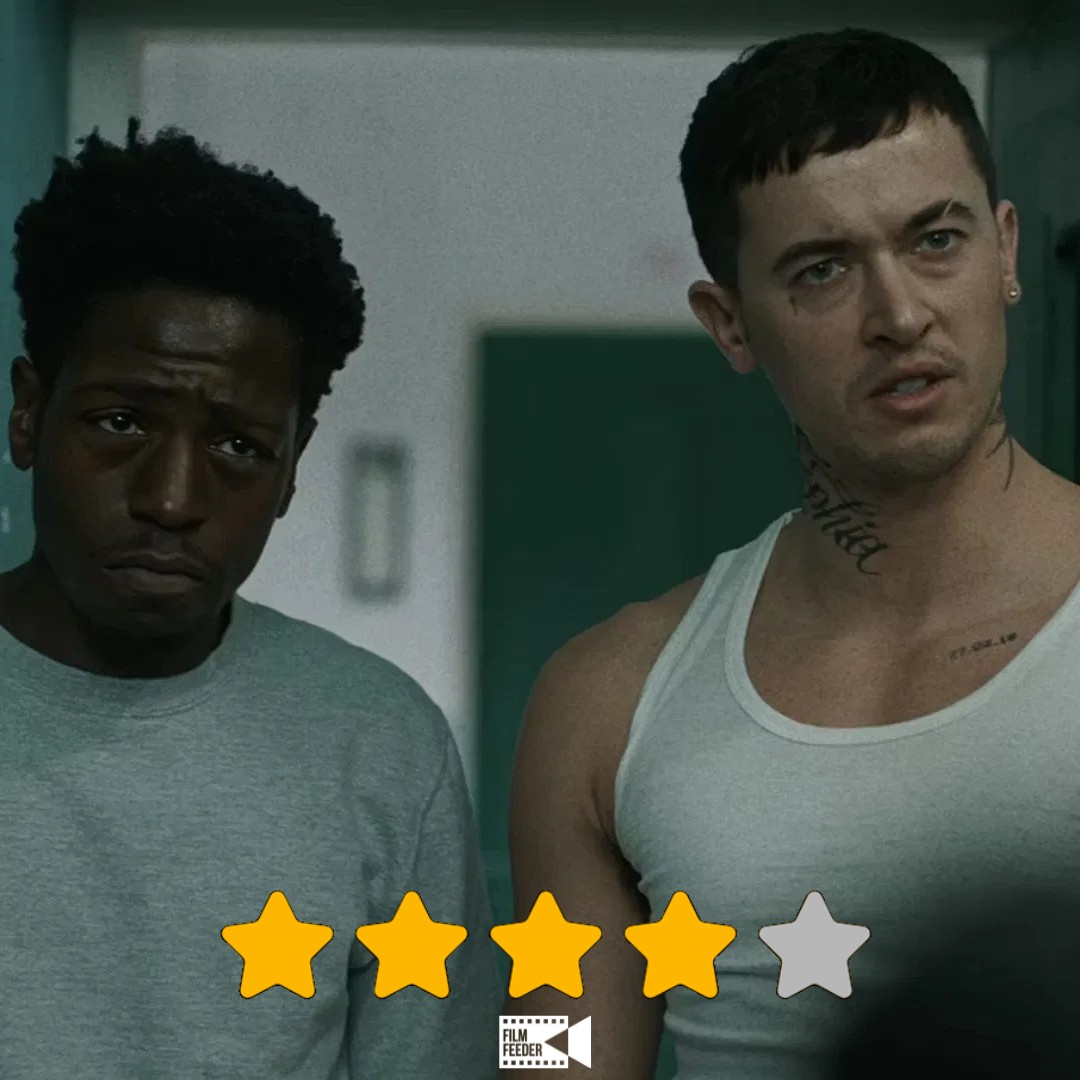
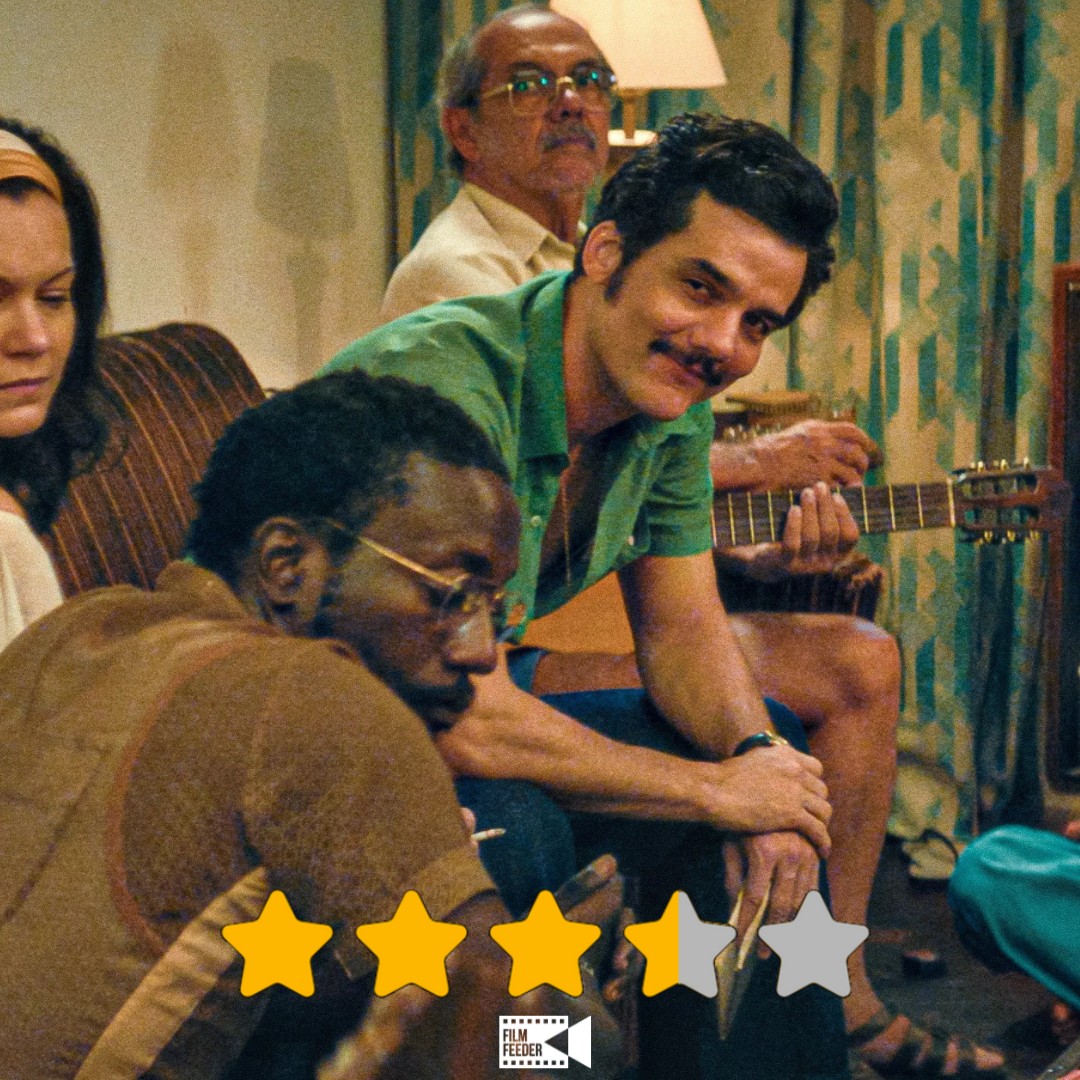
0 Comments